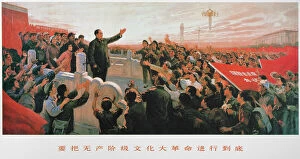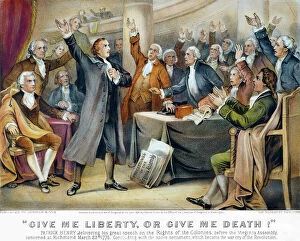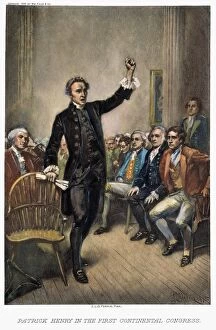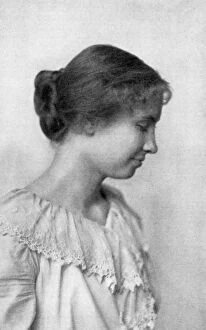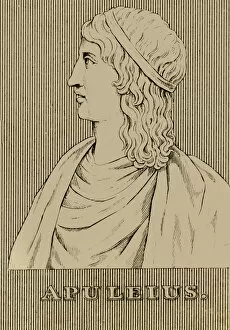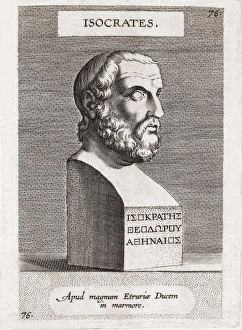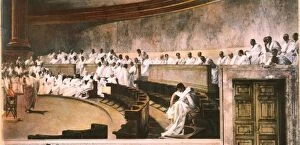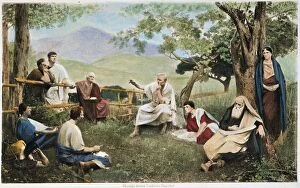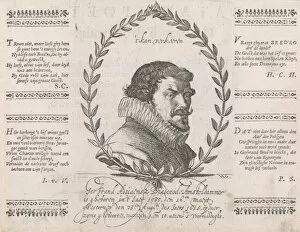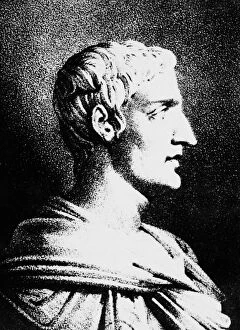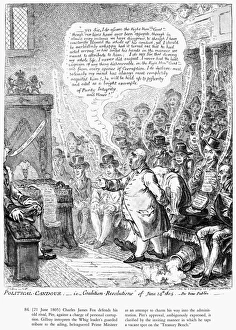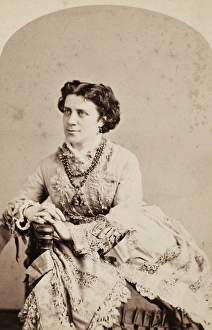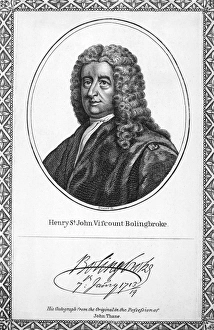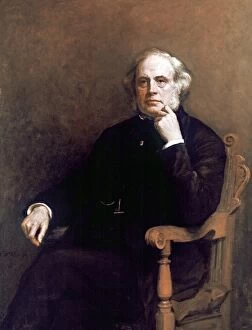Rhetorician Collection
The art of persuasion has been a powerful force throughout history, with great rhetoricians shaping the course of nations and inspiring generations
All Professionally Made to Order for Quick Shipping
The art of persuasion has been a powerful force throughout history, with great rhetoricians shaping the course of nations and inspiring generations. From Mao Tse-tung's iconic poster, depicting him greeting the Red Guards in Tiananmen Square during the Great Proletarian Cultural Revolution, to Patrick Henry's impassioned plea for liberty in his landmark speech before the Virginia Assembly, these individuals have left an indelible mark on society. Patrick Henry, an American revolutionary hero and orator, captivated audiences with his fiery speeches advocating for colonial rights. Whether addressing the First Continental Congress or rallying support with his famous words "Give me liberty or give me death. ", Henry's eloquence stirred hearts and ignited a revolution. Helen Keller, despite being deaf and blind from a young age, defied all odds to become an influential author and lecturer. Her resilience and determination serve as a testament to the power of communication beyond traditional means. Throughout ancient times, renowned figures like Apuleius and Isocrates mastered rhetoric as both writers and philosophers. Their ability to craft persuasive arguments elevated their status as intellectuals who shaped public opinion. Even in more recent history, figures like Hugh Blair continued this tradition by teaching rhetoric at universities. His contributions ensured that future generations would carry on the legacy of effective communication. From China to America, from ancient Rome to modern Germany - each culture has produced its own celebrated rhetoricians who have left their mark on society. The marble chair of Polamon still standing in Mitilene serves as a physical reminder of one such influential figure from Lesbos. In essence, these individuals remind us that words possess immense power when wielded effectively. They inspire us to use our voices wisely and purposefully – not just for personal gain but also for positive change within our communities. As we look back at these notable rhetoricians throughout history, we are reminded that true influence lies not only in what is said but also how it is said.

